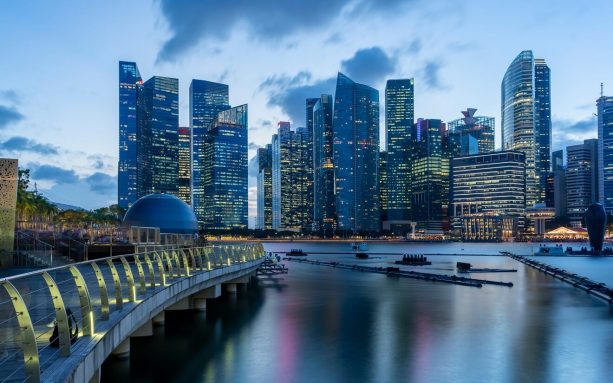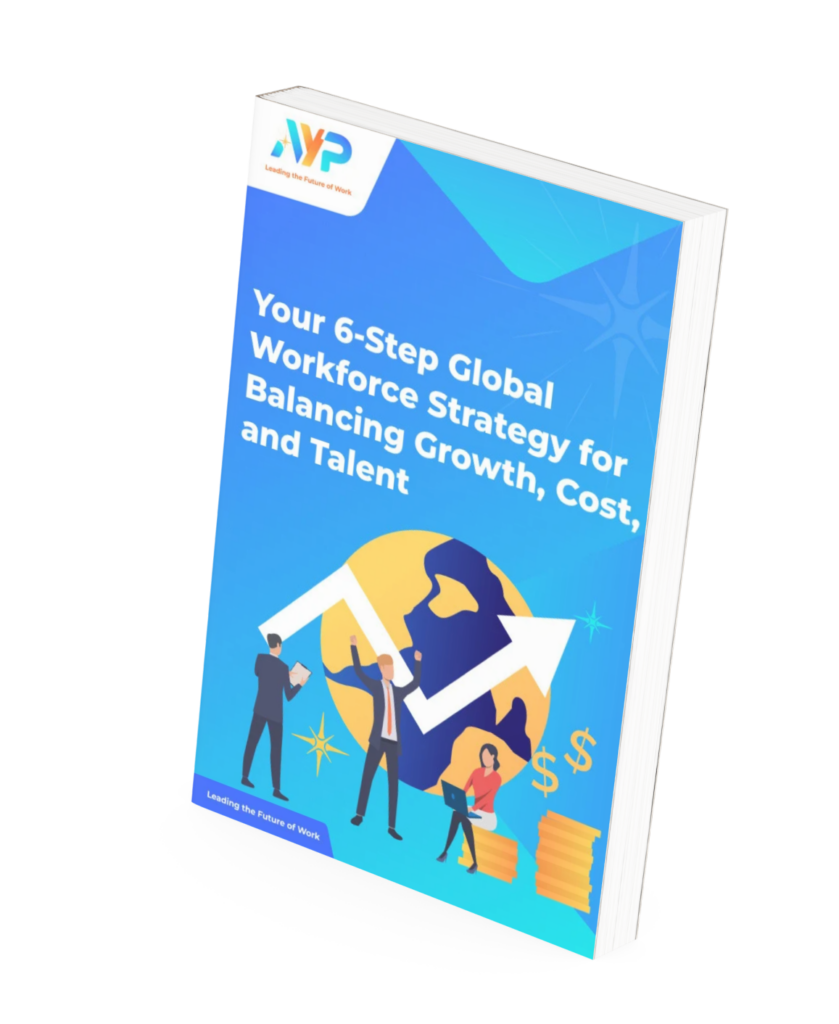Conquer These 5 HR Challenges to Expand into Singapore with Ease
Ranked by the World Bank as the second-best country in the world for doing business in 2020, Singapore should be your first stop for expansion into Southeast Asia. Alongside its strategic location, stable economy and attractive tax rates for businesses, Singapore also boasts a large, diverse pool of talent to meet your hiring needs.
But in a post-pandemic world, Singapore comes with its own unique HR challenges. Let’s look at 5 human resource challenges you might face if you choose to make Singapore your next base of operations.
1. Obtaining Entry Approvals
To prevent the further spread of COVID-19, all work pass holders and their dependants will require entry approvals to enter Singapore. And with effect from 1st November 2021, inbound pass holders must be fully vaccinated before arrival, except for those below 18 on the date of entry, or those who cannot be vaccinated due to medical conditions.
If you intend to move your existing staff to Singapore, do ensure that they and their accompanying family members have undergone the necessary medical procedures.
2. Working Remotely Where Possible
Working from home is the default arrangement for the time being for many organisations. Recent government measures mandate that if your employee’s job functions can be done from home, they will have to work from home. Human resource teams will have to plan and implement efficient systems for remote working to ensure optimal productivity while supporting your employees’ mental well-being.
If any of your cost-saving measures affect your employees’ salaries, you will be required to notify Singapore’s Ministry of Manpower within a week of the changes.
3. Staggered Shifts, No Cross-Deployment
Businesses with on-site staff are required to stagger start times and implement flexible work hours so that employees can avoid peak-hour travel on public transport. No cross-deployment across multiple worksites is allowed, and foreign workers must use an app called Sgworkpass to check if it is safe to leave their residence for work.
To facilitate these changes, we recommend implementing workforce management tools that will allow your supervisors to quickly and easily allocate manpower across multiple shift timings and locations.
4. Adhering to Safe Work Conditions
Employers will need to take additional workplace precautions such as temperature screenings, provision of protective equipment such as masks, hand sanitisers, and regular COVID tests for onsite workers. Your worksites must allow safe distancing measures of one metre between workers in meeting rooms, work stations, and other common areas.
All social gatherings at the workplace are prohibited, and work-related events must be capped at 50 persons, with the one-metre safety distancing restrictions enforced.
5. Planning Around Travel Restrictions
One key challenge for business owners will be the restrictions on travel. However, essential business and official travel to Singapore will still be permitted under the Reciprocal Green Lane (RGL) or Air Travel Pass (ATP) schemes.
With other Southeast Asian countries like Thailand, Malaysia, Indonesia and Vietnam gearing up to open their borders, Singapore’s position as a travel hub for shuttling in and around APAC bodes well for businesses.
To Expand, or Not to Expand?
The shifting landscape of labour laws and regulations can be a minefield of potential problems for HR professionals to navigate if you don't have the necessary expertise. As such, employing a PEO can certainly help your business expansion plans.
Here at AYP, we specialise in HR Asia. We’d be happy to work together with you to find the best HR solutions for your company so that you can call Singapore--or any other country in Asia--your new home.
Featured Content
1. Build A Team in Philippines Without a Legal Entity
2. All thing You Have To Know Before Expand Business to Singapore



